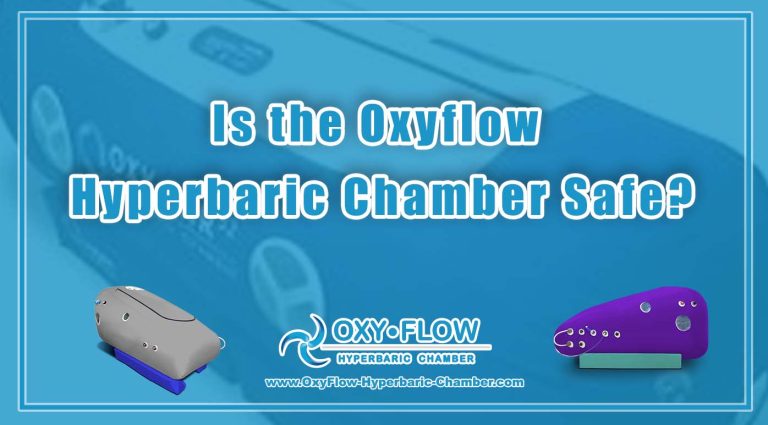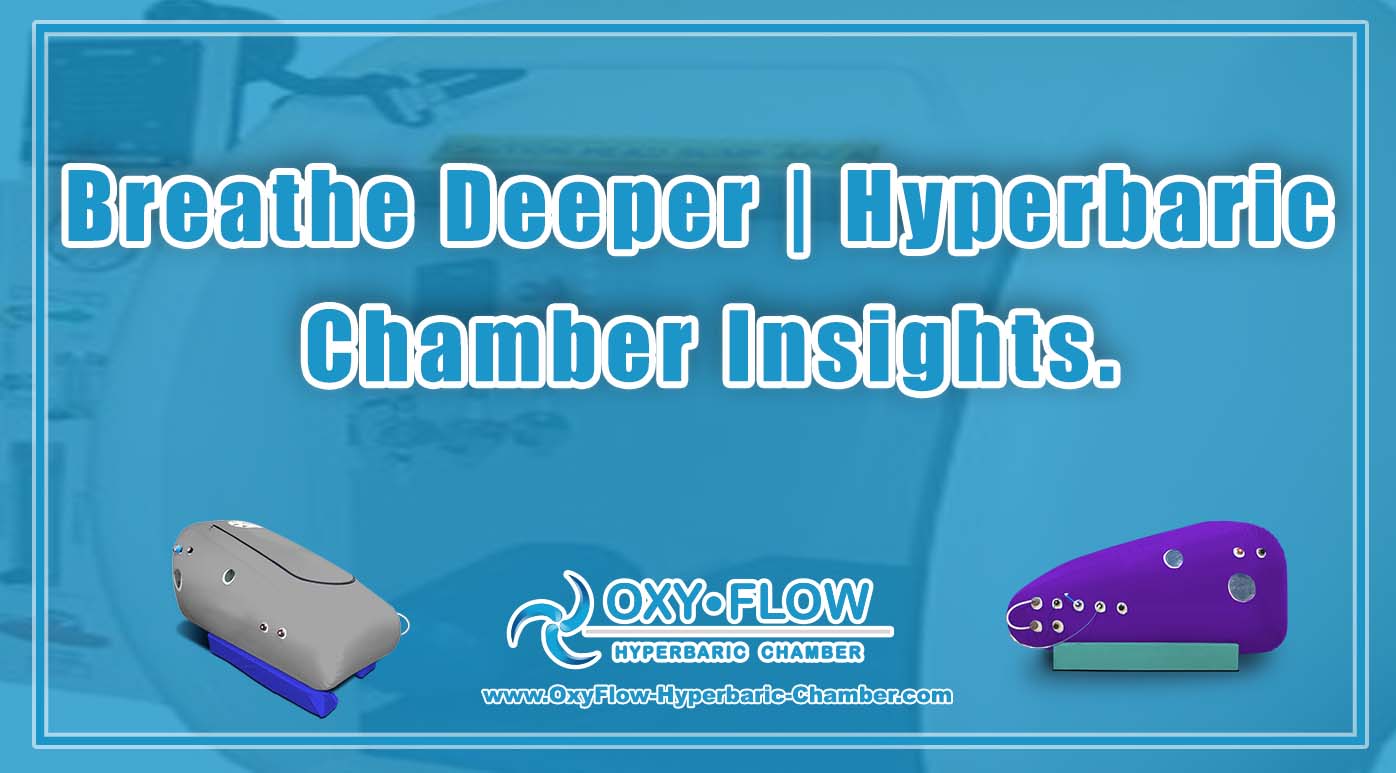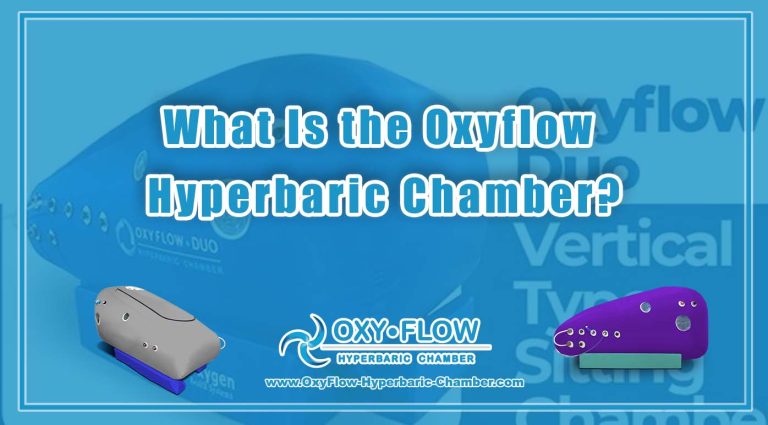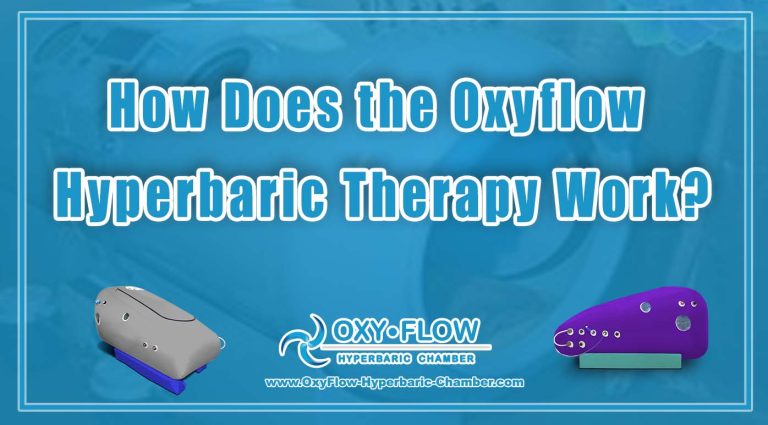

Breathe Deeper | Hyperbaric Chamber Insights.
Breathe Deeper Hyperbaric Oxygen Therapy (HBOT) is a medical treatment that delivers pure oxygen in a pressurized room or through a tube. It is well-regarded in the medical field, and its benefits range from promoting wound healing to treating decompression sickness in divers. Here’s a deep dive into the world of hyperbaric chambers.
The Basics of Breathe Deeper Hyperbaric Oxygen Therapy.
At its core, HBOT increases the amount of oxygen your blood can carry. An increase in blood oxygen temporarily restores normal levels of blood gases and tissue function to promote healing and fight infection. Hyperbaric chambers are thus well-recognized for their role in treating numerous medical conditions.
How Does It Work?
When you undergo HBOT, you are typically placed inside a hyperbaric oxygen chamber. These chambers can either be a large room that accommodates multiple patients or a smaller unit designed for an individual. The air pressure inside is increased to three times higher than normal air pressure. Under these conditions, your lungs can gather much more oxygen than would be possible by breathing pure oxygen at normal air pressure.
Once inside, patients breathe pure oxygen, which is then carried throughout the body via the bloodstream. It reaches not only the organs but also any injuries or problem areas that require faster healing. This saturation of oxygen at a cellular level promotes healing and has anti-inflammatory effects.
The Conditions Treated by Breathe Deeper Hyperbaric Chambers.
The list of ailments and complications treated by HBOT is extensive. It includes, but is not limited to:
- Decompression sickness (commonly experienced by divers)
- Serious infections
- Bubbles of air in your blood vessels
- Wounds that won’t heal as a result of diabetes or radiation injury
- Certain skin or bone infections that produce gas in tissues
- Skin grafts or flaps that are at risk of tissue death
- Carbon monoxide poisoning
The Benefits of Hyperbaric Oxygen Therapy.
Studies have shown that HBOT can accelerate the healing process in the case of wounds, and because of the high levels of oxygen delivered to the body’s tissues, it can help fight certain types of infections. Furthermore, it is believed to improve the outcome for patients following certain surgeries.
Patients with chronic conditions like diabetic foot ulcers show significant benefits from HBOT, as the treatment can enhance the healing of these wounds and potentially prevent the need for amputations.
What To Expect During Treatment.
Although the concept can seem daunting at first, the actual process of receiving HBOT is generally simple and painless. Here are a few insights into what patients can expect:
- Preparation: Typically, you will be asked to change into a cotton medical gown that is safe to use in the hyperbaric environment. All potential safety risks, such as flammable materials and devices, must be removed.
- Treatment Session: Once inside the chamber, it is sealed, and the pressure is gradually increased. Patients can often watch TV or listen to music during the treatment.
- Sensation: During the initial pressure increase, it’s common to feel a fullness in your ears — similar to what you might experience during an airplane’s ascent or descent.
- Duration: Each session can last from 30 minutes to two hours, depending on the condition being treated. Often, multiple sessions are required for the best results.
Safety and Side Effects.
Hyperbaric oxygen therapy is generally safe; however, like any medical treatment, it does come with potential risks, such as ear pain, sinus pressure, or in rare cases, more severe complications like oxygen toxicity or decompression sickness.
Breathe Deeper Conclusion.
HBOT is a fascinating and highly beneficial medical treatment that holds the key to faster healing and potentially better outcomes for patients with a variety of conditions. If you find yourself or a loved one recommended for this therapy, what lies ahead is a journey of healing, literally, breath by breath.




